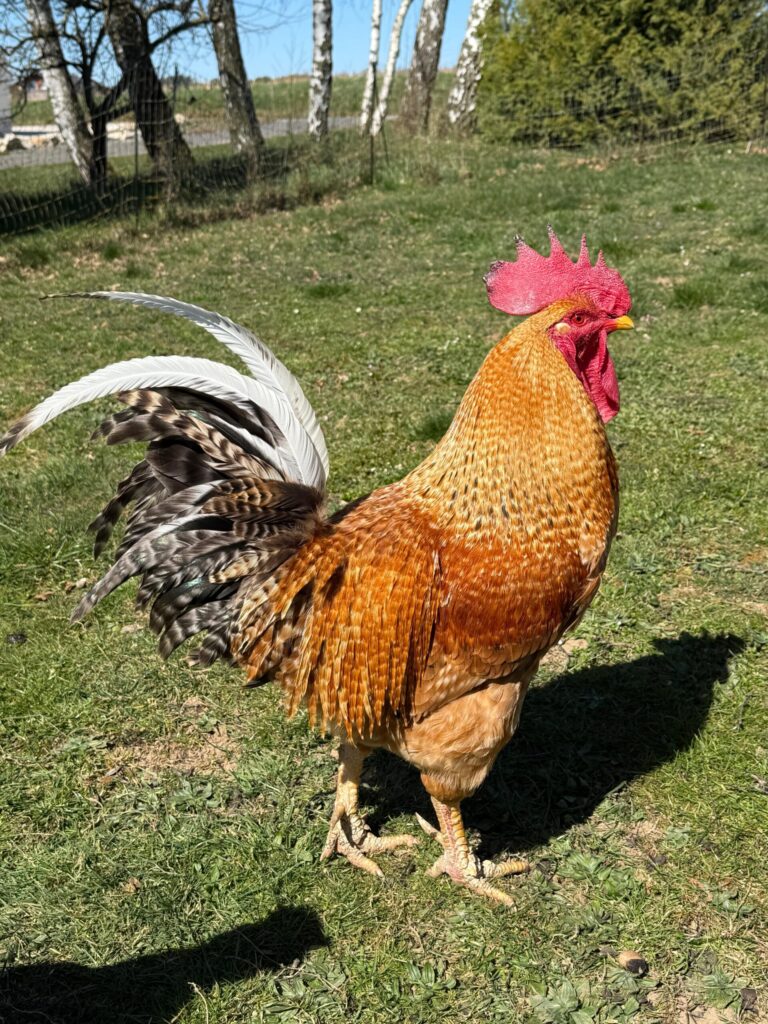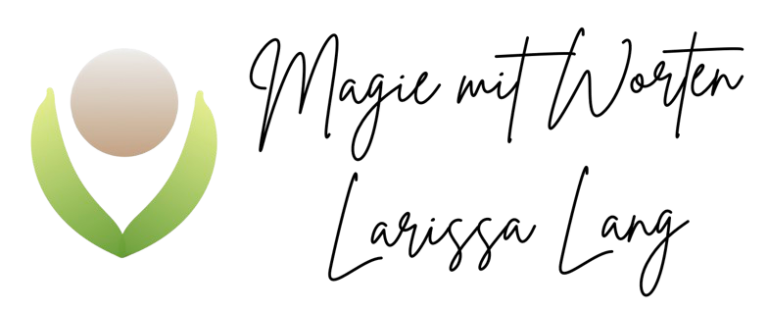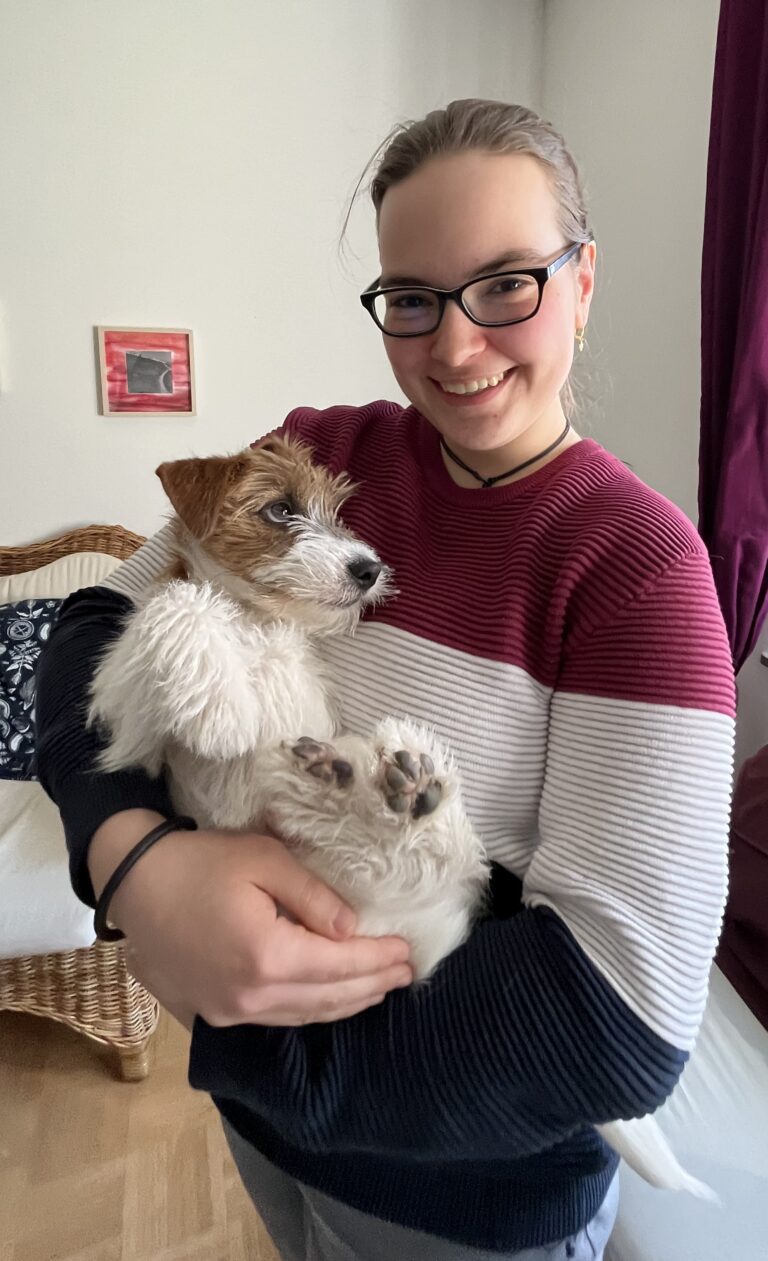Animal communication chicken / rooster

Animal communication for chickens: Understand what your chickens really want to tell you
Your chickens are more than just farm animals or pets. They are intelligent, social creatures with individual personalities. But sometimes you ask yourself:
- Why does a hen suddenly start pecking at her fellow chickens?
- Why has my chicken stopped laying eggs, even though she seems healthy?
- Why does an animal seem fearful or aggressive for no apparent reason?
Perhaps you have already tried:
- Changing their feed
- Enlarging their coop
- Providing new activities
- Veterinary examinations
But your chickens’ behavior remains a mystery. This is where animal communication comes in. It allows you to see the world through the eyes of your animals.
Why animal communication is particularly valuable with chickens
Chickens have:
- Complex social structures (hierarchy, friendships)
- Emotional intelligence (empathy, stress perception)
- Physical memory (negative experiences are stored in cellular memory)
- Keen perception (they sense energies and moods)
Studies show that chickens can recognize over 100 individual members of their species and have problem-solving abilities comparable to primates.
When animal communication can help
1. In cases of behavioral problems
- Feather pecking/cannibalism
- Unexplained aggression
- Anxious behavior (e.g., toward certain people)
Possible triggers:
- Boredom or overcrowding
- Invisible stress factors
- Past negative experiences (e.g., from poor husbandry)
2. In cases of performance changes
- Sudden reluctance to lay eggs
- Refusal to eat
- Reduced vitality
What animal communication can reveal:
- Subtle incompatibilities
- Lack of energy in certain areas of the coop
- Psychological blocks
3. In cases of herd integration
- Problems with merging herds
- Ongoing fights over hierarchy
- Outcast individual animals
4. For health issues (clarified in advance, of course)
- Unclear symptoms without findings
- Support with treatments
- Quality of life in old age
What animal communication can achieve here:
Through animal communication, you can find out exactly what happened and help your chicken overcome the negative memories. For example, with the help of surrogate work. This can be done through surrogate hypnosis or surrogate work using quantum work.
The animal communication process
- Preliminary discussion
– You describe your observations - Contact phase
– I connect energetically with your chicken/the herd consciousness. This is done via a photo (you can read about what the photo should ideally look like under Requirements for animal communication)
– Your chicken does not have to be present - Receiving the messages
– Chickens often communicate through:
– Physical sensations
– Visual memories
– Emotional impressions - Feedback to you
– I pass on all the information to you in form of a written transcript of the conversation, for example.
What distinguishes chicken communication from other animals?
- Herd consciousness: Often, the “group entity” responds in addition to the individual animal.
- Body orientation: Chickens think in a very body-oriented way (e.g., “My right wing feels heavy”).
- Pragmatic images: They often communicate through practical situations (food, roosting place, weather).
Reviews from satisfied owners
I booked Ms. Lang for an animal communication session.
The client receives the result in writing, preliminary talks were very informative. The assignment (questions for the animal) is determined in advance, so that I as the client also have the opportunity to address specific issues. I find that very good.
At the results meeting, Ms. Lang explains the protocol and it is very informative. Any queries are explained very well and clearly.
I hope to be able to help my cat better with the information and will let the animal communication work on us.
Thank you for your work and the trust you have placed in us.
Andrea Kurth
Satisfied dog owner

For me, the basis of trust is very important for the success of a consultation and the success of such an approach. This was absolutely successful! Empathy and individual appreciation in the joint session were outstanding.
I can highly recommend Larissa.
Markus und Gisela Sieber
Satisfied clients

Your next step
Let’s learn to understand your chickens together!
I look forward to conveying your animal’s messages to you.
PS: Did you know? Chickens dream in a similar way to humans. Through communication, we can often learn about the content of their dreams, which reveal deeper needs. Give your animals this special form of appreciation.

